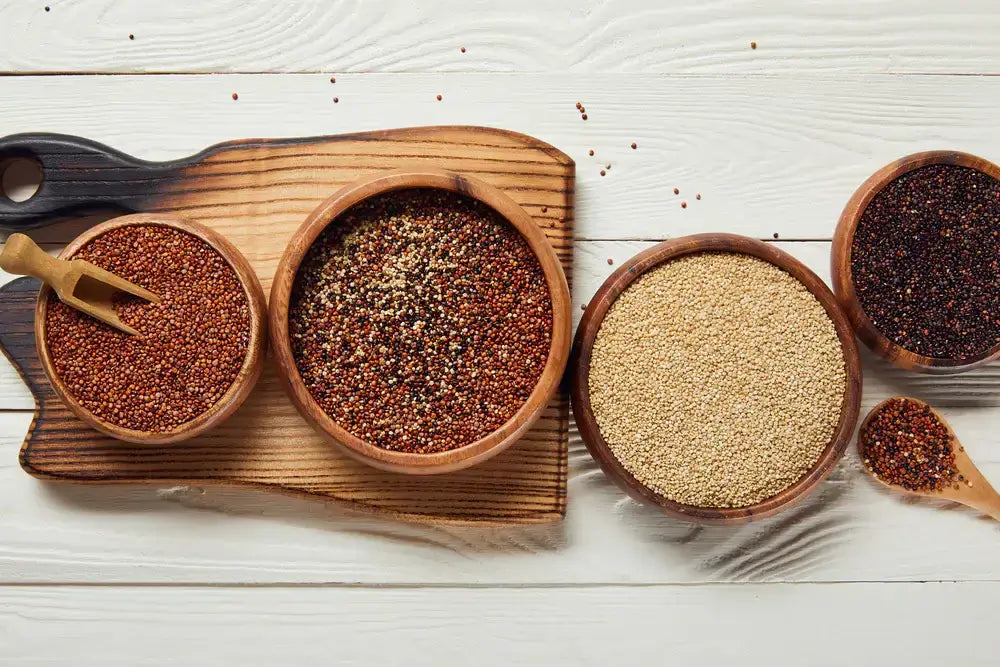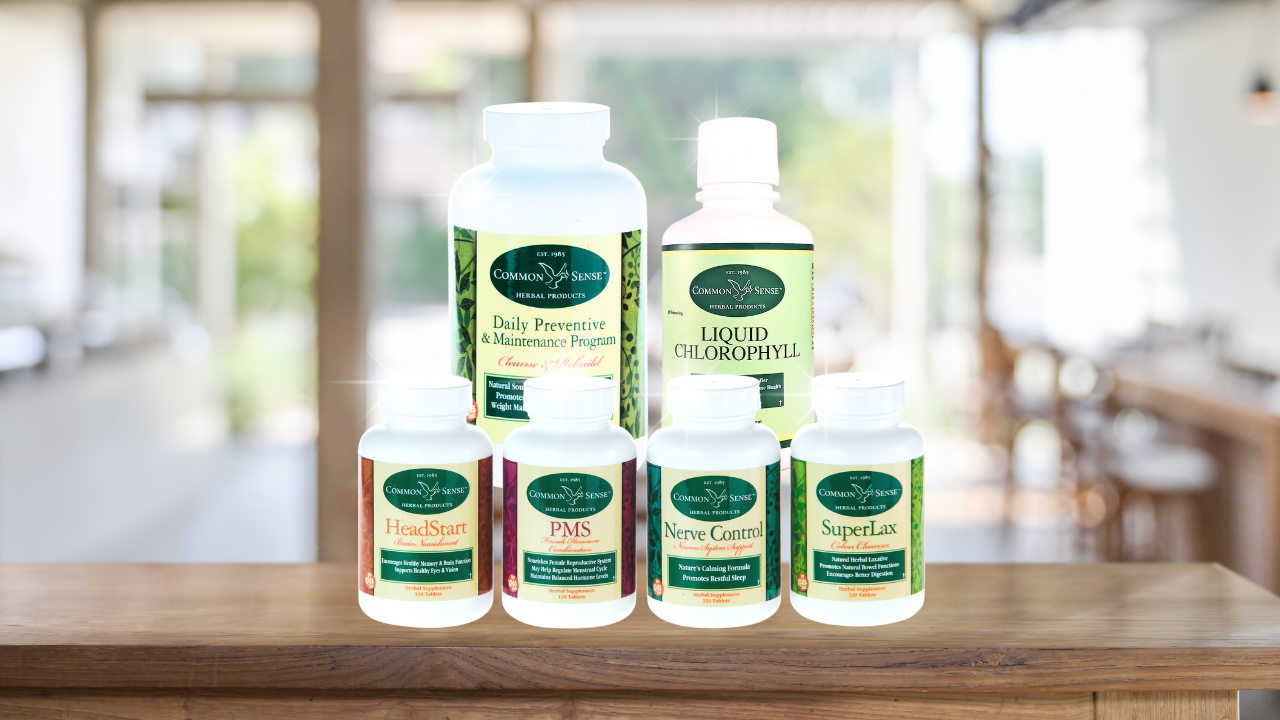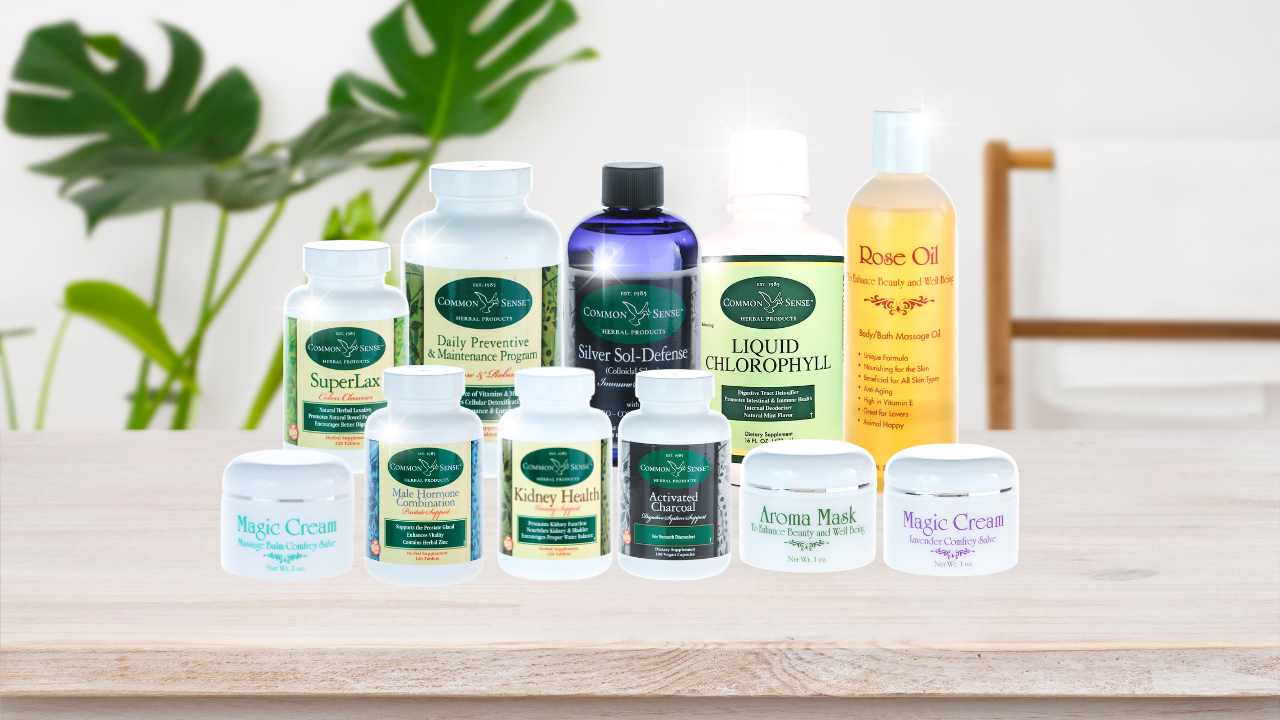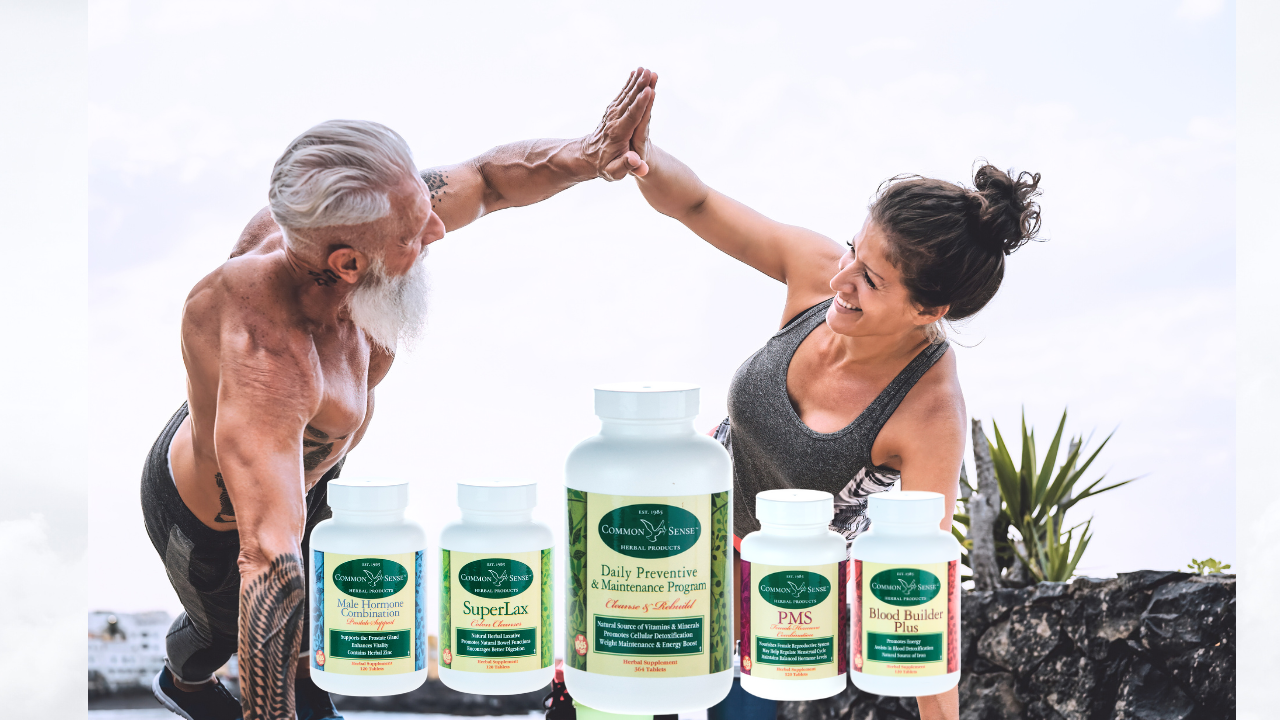
Embracing a vegan diet is a greatly rewarding experience and beneficial to your health and to your environmental impact on the world around you. However, adapting to this lifestyle change can come with its own unique set of challenges. From learning new cooking styles to finding new vegan protein sources to incorporate into your diet, there's a lot to learn when it comes to adopting a plant-based lifestyle.
Here are some tips to make transitioning to a vegan diet an easier, more rewarding process. Follow this advice and you'll be well on your way to a healthier lifestyle that will leave you feeling great.
7 Tips for Transitioning to a Vegan Diet
1. Take Small Steps to Start
Trying to set unrealistic expectations for yourself when just starting out on working towards a vegan diet is setting yourself up for failure. There are several different aspects that go into a plant-based diet, and it takes careful planning to achieve. Don't expect yourself to cut out all animal-based food sources from your life overnight.
Instead of trying to fully switch over to a vegan diet immediately, start out by choosing a few plant-based meals that appeal to you. Start putting these regularly into your rotation of meals throughout the week. Over time, gradually make more and more of your daily meals vegan. That slow transition will help you place realistic expectations on yourself, so you don't end up feeling discouraged.
2. Study Nutritional Needs
While potato chips, some cookies, and other junk food might be vegan, you can't eat only these foods and call it a vegan diet. You need to ensure that you're meeting all your body's nutritional needs with your new dietary change.
For example, finding a healthy plant-based source of vitamin B12 is essential to adapting a successful vegan diet and one of the most difficult steps. You should also limit your intake of high-calorie vegan foods, as well as watching your sugar intake. Search for plant-based sources for all the different kinds of amino acids your body needs, as well.
3. Learn Different Vegan Protein Sources
One of the most important aspects of replacing the nutrients you get from animal sources is finding ways to put ample protein in your diet from plant-based sources. There are a variety of different sources that vegans use to supplement their protein intake.
Simple protein-rich foods such as beans, nuts, lentils, quinoa, and spirulina, are just a few of the great sources to start building your protein intake. Another greatly beneficial step to take would be to boost your protein intake using a vegan protein drink such as CSP's Endurance34, to get the nutrients you need with a great flavor.
4. Start Reading Food Labels
Sometimes, animal-based products can creep up in foods where we least expect them. Even things that seem ostensibly plant-based sometimes have unexpected ingredients that are derived from animal products. It's important that you do your research to ensure that the food you're buying is in line with your new diet.
For example, some things to look out for on food labels would be casein or whey. These are derived from milk and can be found in a variety of different foods from bread to granola bars. You should also check for gelatin present in any of the food you eat, which is derived from meat and can be found in some unexpected food items such as candy or roasted peanuts..
5. Try Out New Foods
Keep an open mind when you're starting on your journey towards embracing a vegan lifestyle. There are some foods that you may be unfamiliar with that are greatly beneficial towards achieving a healthy diet free from any animal products. Broaden your horizons and try new things when you're working towards a vegan diet.
As more and more people turn to a vegan lifestyle, there are many foods that look to provide a plant-based replacement for other foods you know and love. For example, there are a variety of vegan cheeses that have the same flavorful taste and creamy texture as milk-based cheeses. You can even find vegan ice cream that will satisfy your sweet tooth just as well as the non-vegan desserts you're already familiar with.
6. Find a Like-Minded Community
When taking on any endeavor in life, being surrounded by supportive people who share your interests can be greatly beneficial. It helps you feel like you aren't alone in your journey, and that there are people out there who share your values on what's important to you. All of this holds true when it comes to switching to a vegan lifestyle.
Using online resources such as social media or in-person networking at places you're likely to find people on a vegan diet, reach out to other people who have incorporated a plant-based diet into their life. You'll be able to support each other and encourage each other towards progress in this lifestyle. This can also be a great way to pick up tasty vegan recipe ideas for you to try out yourself.
7. Keep Your Meals Tasty and Fun
Ultimately, you are less likely to be able to commit to a vegan diet if you aren't enjoying the food that you're eating. Give yourself the greatest chance of success by finding plant-based food that you truly love. Experimenting with new ways of seasoning food and other ways of adding a flavorful punch to vegan dishes can be a great way to make sticking to your plant-based diet more achievable and a whole lot of fun.
It is never too late to make the transition to a vegan lifestyle. You can begin sampling some vegan dishes as soon as today and experience the health benefits that switching over has to offer.







